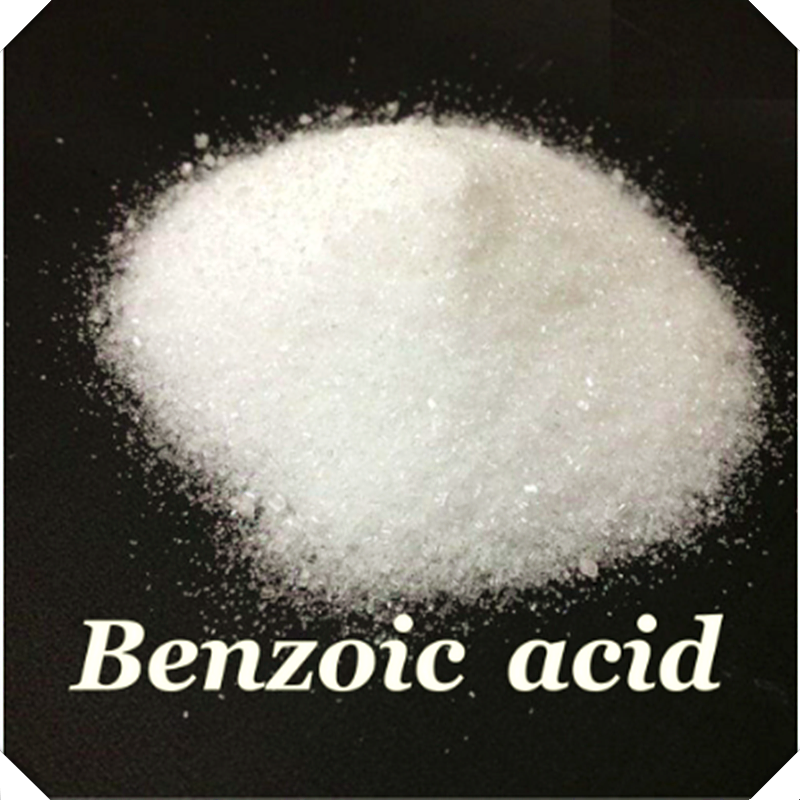Benzoic acid as feed additive in pig nutrition
Modern animal production is trapped between consumer’s concerns on animal and human health, environmental aspects and an increasing demand for animal products. To overcome the ban on antimicrobial growth promoters in Europe alternatives are needed to maintain high productivity. A promising approach in pig nutrition is the use of organic acid.
By using organic acids, such as benzoic acid, gut performance and performance can be given a boost.
In addition, these acids show strong antimicrobial activity which makes them a valuable alternative for the banned growth promoters. The most potent of the organic acids seems to be benzoic acid.
Benzoic acid (BA) has long been used as a food preservative due to its antibacterial and antifungal effects. Supplementation to pig diets has also been shown to inhibit microbial free amino acid degradation and to control yeast growth in fermented liquid feed. However, although BA has been authorized as a feed additive for grow-finisher pigs at inclusion levels of 0.5% – 1% in the diet, the effect of dietary inclusion of BA in fresh liquid feed for grow-finisher pigs on feed quality and the resultant effects on pig growth remain unclear.
(1) Enhance the performance of pigs, in particular the efficiency of feed conversion
(2) Preservative; Antimicrobial agent
(3) Mainly used for antifungal and antiseptic
(4) Benzoic acid is an important acid type feed preservative
Benzoic acid and its salts have been used for many years as preservative
agents by the food industry, but in some countries also as silage additives, mainly due to their strong efficacy against various fungi and yeasts.
In 2003, benzoic acid has been approved in the European Union as a feed additive for growing-finishing pigs and included into group M, acidity regulators.
Usage and Dosage: 0.5-1.0% of complete feed.
Specification: 25KG
Storage: Keep away from light, sealed in cool place
Shelf life: 12 Months



![JQEIJU}UK3Y[KPZ]$UE1`4K](https://www.efinegroup.com/uploads/JQEIJUUK3YKPZUE14K.png)